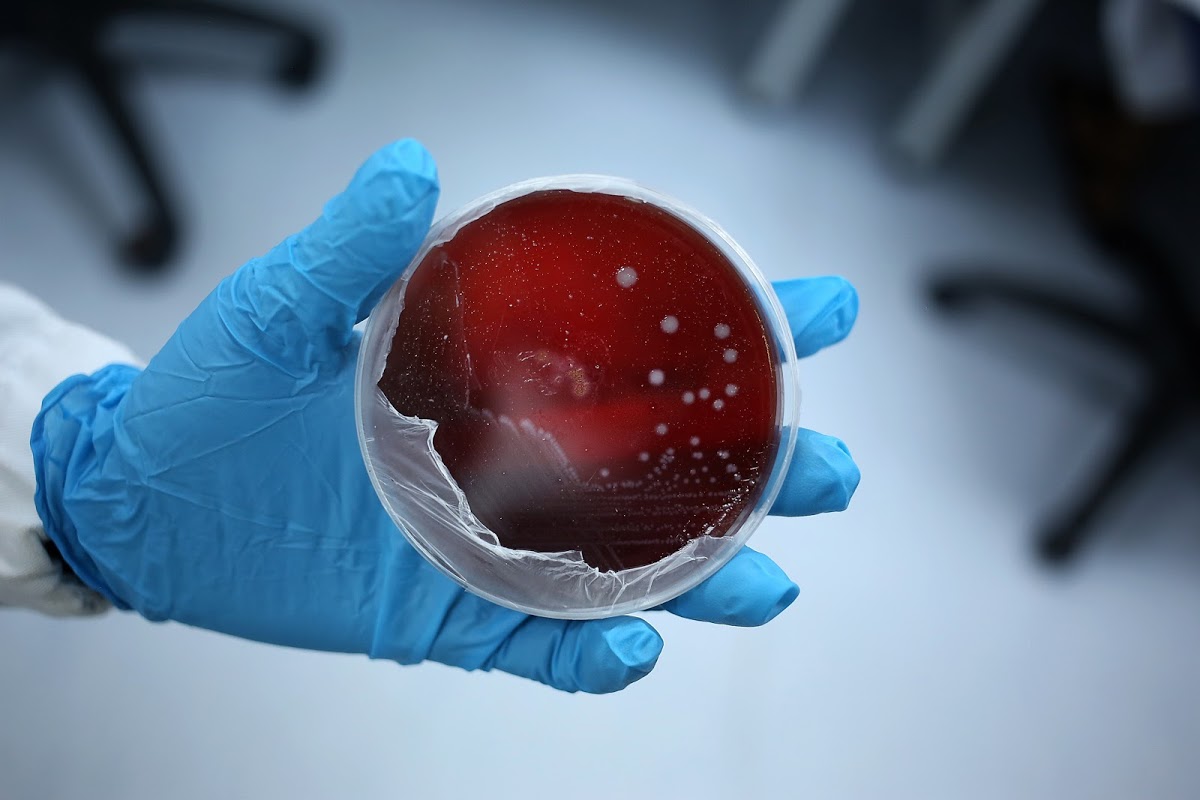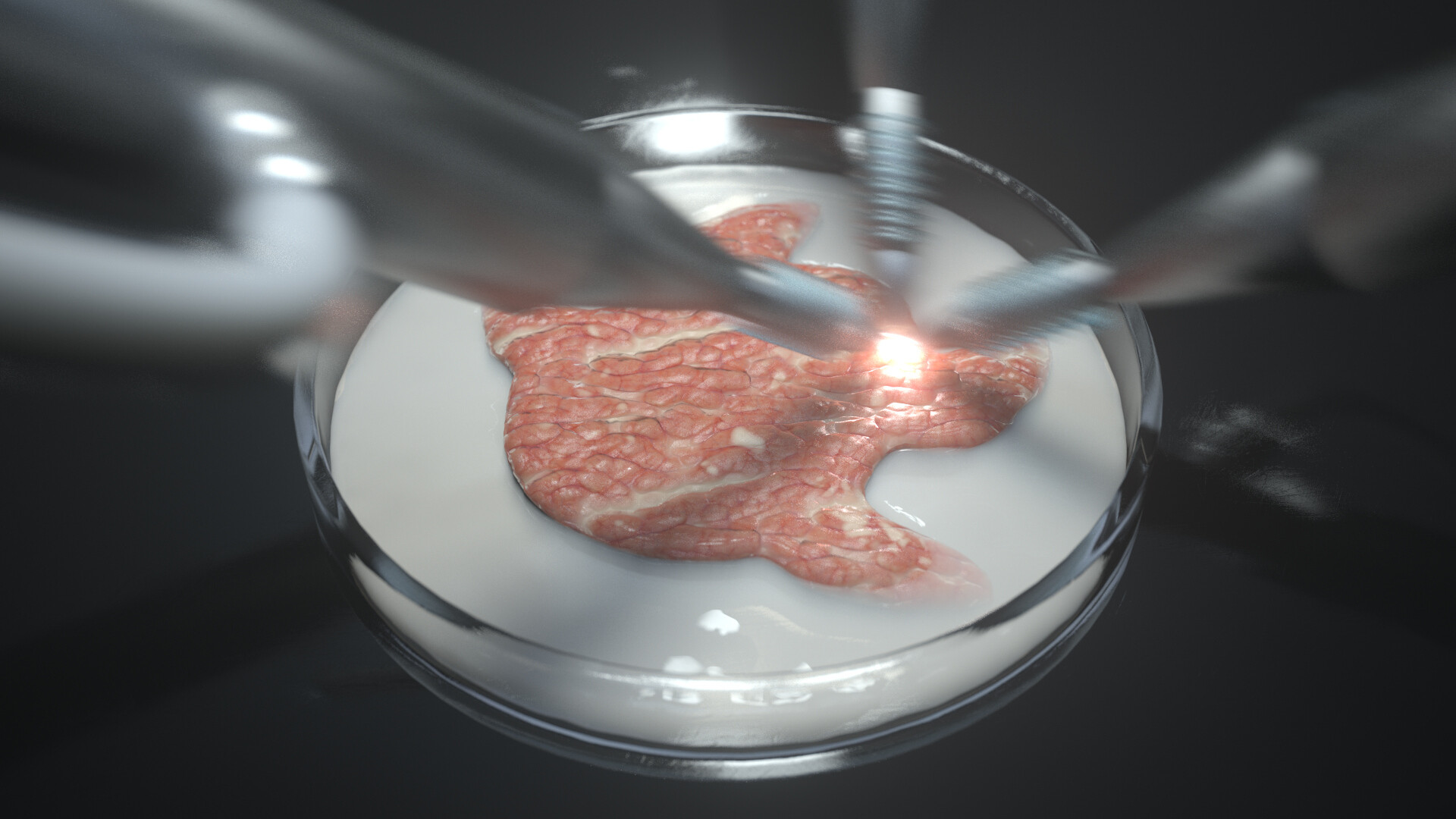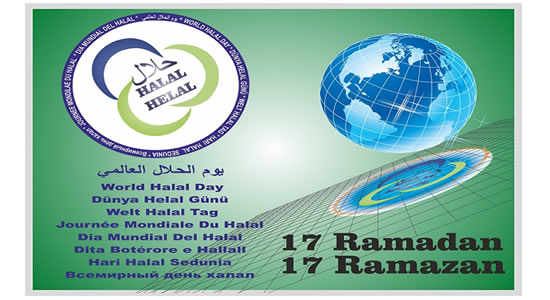ANIMAL BASED MEDICAL PRODUCTS COULD BE CONTRADICTORY WITH THE BELIEFS OF PIOUS PATIENTS
Dr. Hüseyin Kâmi BÜYÜKÖZER
We have always kept the problem of Halal about drugs, vaccines and medical products on the agenda since 1986, the first edition of our book “Yeniden Gıda Raporu”. We mentioned about international drug mafia, medicines from pig based ingredients, fatwas in Islamic fiqh and the studies of Halal medicine in Islamic countries in our writings. We got intensive attention only from the Muslim population who are suffering in desperation for our studies. We have not observed any substantial effort to solve these problems from neither our state, pharmaceutical industry, doctors nor our pharmacists.
A foreign institution conducted research globally in 2013 and wrote this explanation at the beginning; “The purpose of this study is to prove which religious beliefs would potentially contradict with the medical and surgical treatment that contains animal-based products.”
Drugs, vaccines and implants that include animal-based or anthropogenic ingredients are commonly utilised in medicine and surgery, however, the information about the ingredients would hardly be learned from sanitarians. A study on religious perspective about the animal/human based ingredients in medicines has not conducted totally. The purpose of this study is to explain which departments of medicine and surgery that are provided in the Western hospitals are in contradiction with the believers of major religions.
The result of the study was that most of the religious sects that have the most believers in the world has some restrictions about the use of animal/human based products. Hindus and Sikhs did not accept the use of the products that contain beef or pig. Muslims did not accept the use of pig-based drugs, sauces or implants. Christians, Jehovah’s Witnesses, Jews and Buddhists accepted the use of animal or human based drugs, medical dressing or implants.
It is commonly acknowledged that clinicians should inform the patients and obtain approval about every single ingredient included in the process of the treatment. This ethical side is too much significant that the way to provide this information to the patients was explained and made mandatory with legislation in Denmark.
To decide whether the medicine is animal-based or not, one can get in contact with the producer or a national pharmaceutical agent. However, the origin of the components is not always clear. It is known that gelatin is animal-based (pig or beef) and it is proved that 50-80% of all the medical capsüls contains gelatin. An example of a commonly used medicine made of capsule is proton pump inhibitor omeprazole. In Denmark, 12 out of 14 different kinds of omeprazole in the market contain gelatin and 80% of them is derived out of the pigs.
The coverage of human-based adjuvants’ use in medicine was investigated by a study held in the USA. It is revealed that 15 out of 41 psychotropic drugs contain gelatin. In England, all of the heparin drugs are animal-based except one and are approved for surgery except synthetic alternative orthopedic procedures. In addition, tablets for the vaccines of measles, mumps and rubella and pancreatic enzymes are animal-based.
The use of the biological dressing in the chronic and acute wounds including burns is discussed. Research has demonstrated that most of the sanitarians in England does not know the origin of frequently used animal-based products. The same study has also proved that it is necessary to take the approval of Muslims before the use of pig or beef based sauces, though, they were not informed in any way.
Implants are surgical equipment that remains in the body; heart valves, nets for hernia repair and separators used in orthopedic surgeries. These products are labeled more in detail than drugs. Non-animal/human based alternative drugs, medical dressings or implants are not valid for all the products. Knowledge of these alternatives is very important for sanitarians in order to treat Muslim, Hindu or Sikh patients. Therefore, personnel in the medical sector should have sufficient knowledge about the ingredients of medicine and implants as well as the religious aspects of a treatment regimen.
As a summary of the study:
Methods: Religious and spiritual leaders from 6 religions (18sects) that have the highest number of followers are brought into connection. A standard questionnaire was sent to them with respect to their perspective on the topic of animal/human-based products’ use in medical and surgical operations. Religious sects over 15 million have included in this research. Primarily, Christian sects, Hindu sects, and Muslim sects are gathered.
Results: 10 out of 18 sects that were contacted represented the 6 major religions in the world. Hindus and Sikhs did not approve the use of pig or beef-based products. Muslims did not accept the use of pig-based drugs, medical dressings or implants. Christians, Jehovah’s Witnesses, Jews and Buddhists accepted the use of all animal or human-based products.
These standpoints show the contradiction between religious principles and some treatment regimens. It is vital to obtain the informed approval of the patients about the use of animal of human-based medicine and implant. In addition to this, it is observed that the origin of the ingredients is not always possible to be obtained by the sanitarians.
Animal-based products are utilised in a variety of departments in modern medicine; anesthesiology, psychiatry, orthopedic, plastic and general surgery that may potentially conflict with religious beliefs. Central data about the animal-derived components in medicine, implants or medical dressings for patients or doctors are not available. Therefore, there is the risk of avoiding from the treatment in the condition of conflict between religious beliefs and required treatment.
A random sample of widely known human/animal-based products:
Medications: Amoxicillin, omeprazole, warfarin, prednisolone, oxinorm, heparin
Dressings: Hydrocolloids, split skin graft
Surgical products/implants: Mesh, bone, orthopedic gap, matrix hemostasis





